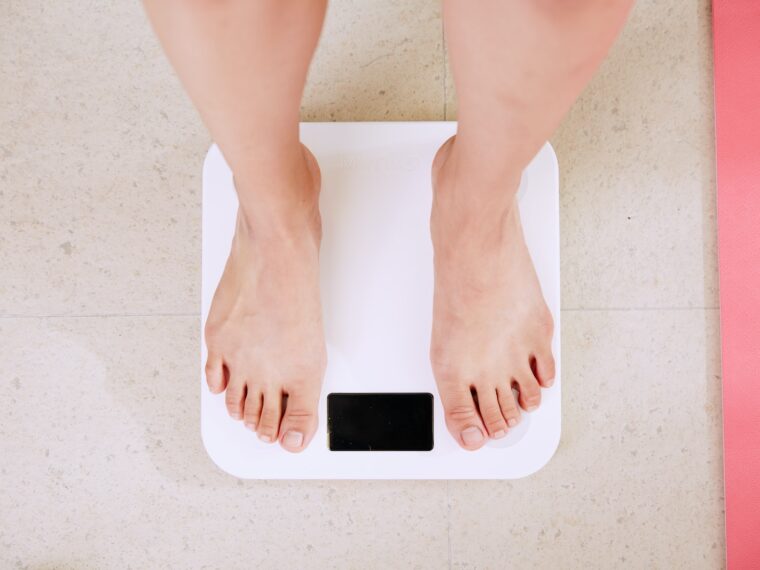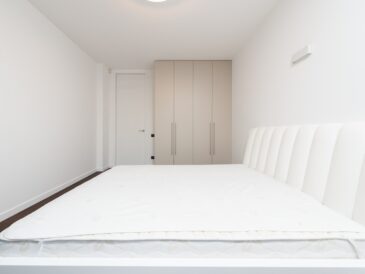Stomach sleeping (commonly referred to as the prone position) offers some benefits and drawbacks. While it can help reduce snoring and provide some relief for back sleepers, stomach sleeping does not favor your spine in terms of comfort and support.
Sleeping on your back twists the neck, potentially leading to herniated disks. To avoid this problem, stretching after you wake up and before going to bed should help.
Back pain
Sleeping on your stomach causes your torso to sink deeper into the mattress, leading to misalignments of spinal alignment that cause lower back pain and stiffness. Furthermore, this position exerts considerable strain on both neck and upper back areas which may result in headaches or stiffness there.
Sleeping on your stomach causes your legs to shift, pulling one leg closer to your head while pushing down on the other leg. This position can lead to twisting shoulders that cause rotator cuff issues; additionally, this position squints your eyes and may result in eye fatigue as well as neck strain.
Sleeping on their stomach often involves raising their arms while sleeping, which can result in shoulder pain and damage to the labrum ring that keeps the ball of their shoulder tight in its socket. Furthermore, this position can lead to herniated discs in their spine that cause pain or numbness in either their arms or chest region.
Stomach sleepers can lower their risk by altering their sleeping position. By falling asleep on either their back or side, and using a body pillow to aid with aligning and supporting the spine, stomach sleepers can reduce strain on both their back and their spine and relieve strain on muscles and improve flexibility before bed. They should also refrain from lifting one leg above another when sleeping as this could twist it further and increase back pain.
Neck pain
Wakening in the middle of the night to manage neck pain caused by stomach sleeping can be both disconcerting and disruptive to your sleep quality, negatively impacting how you feel during the day. But there’s good news: sleeping posture and pillow type may play a direct role in how much neck pain results from tummy sleep.
Reasons why stomach sleeping may cause neck pain are manifold: the spine becomes out of alignment, twisting the neck in ways which irritate muscles and may result in stiffness or soreness; other people develop herniated disks in their neck that rupture gelatinous disks between vertebrae, pinching nerves.
Stomach sleeping can exacerbate neck pain because it forces you to raise one leg up, placing pressure on the hips and lumbar spine and further twisting of your neck. In addition, many stomach sleepers also tend to raise their arms up while in this position (tucked under a pillow or otherwise), placing unnecessary tension on shoulder joints that irritate rotator cuff tendons leading to soreness or numbness in arms and shoulders; proper support of body while sleeping with rubber pillows will provide greater support than feather ones when sleeping on this position.
Joint pain
Stomach sleeping also puts immense strain on the hips and lower back, which may cause pain or numbness in these areas. Furthermore, this position may twist the spine further and cause herniation of disks in the lower spine – where a gelatinous disc ruptures to put pressure on nerves located therein.
Not only can stomach sleepers experience joint pain, but they may also encounter neck issues. To breathe properly while stomach sleeping, they must turn their heads to one side in order to breathe; doing this forces the neck into an unnatural twisting motion, which over time can result in damage.
Sleeping on one’s side makes it more difficult to maintain a neutral spine position, exacerbating neck and back pain. Some people also curl their arms around pillows for added comfort; this further twists their necks, worsening pain.
If you are a stomach sleeper experiencing joint pain or numbness, try applying a cold pack directly on the painful area. Cold can reduce blood flow to an area, helping reduce inflammation and swelling. Alternatively, a cool bath or bag of frozen vegetables could work equally well, or take an over-the-counter pain reliever like Tylenol (acetaminophen) or an NSAID may help ease discomfort.
Sleep apnea
Sleeping on your stomach may exacerbate sleep apnea, an increasingly prevalent issue that causes you to stop breathing for periods during your restful slumber and disrupts your normal breathing cycle, disrupting the cycle and leading to difficulty awakening from sleep.
Sleep apnea can have serious repercussions for both the heart and brain. It increases your risk of stroke and heart disease, as well as arrhythmias like atrial fibrillation that impede blood flow through your heart, limiting oxygen to reach your brain, leaving you dizzy or fainting.
Stomach sleeping increases snoring risk and makes breathing harder, due to misalignments of neck and spine that put added strain on them. Stomach sleeping may also increase acid reflux symptoms for people suffering from gastroesophageal reflux disease (GERD), so using a pillow elevates your head above your stomach while sleeping is recommended for optimal results.
Side sleeping can help to alleviate sleep apnea symptoms by aligning your neck and spine more closely together, but can put strain on shoulders and hips if the correct pillow hasn’t been chosen. While some sleep apnea patients require use of a continuous positive airway pressure (CPAP) machine that pushes air through your windpipe to keep it open, others can improve symptoms through lifestyle changes like losing weight, cutting alcohol consumption or caffeine intake, exercising regularly and giving up smoking cigarettes.




